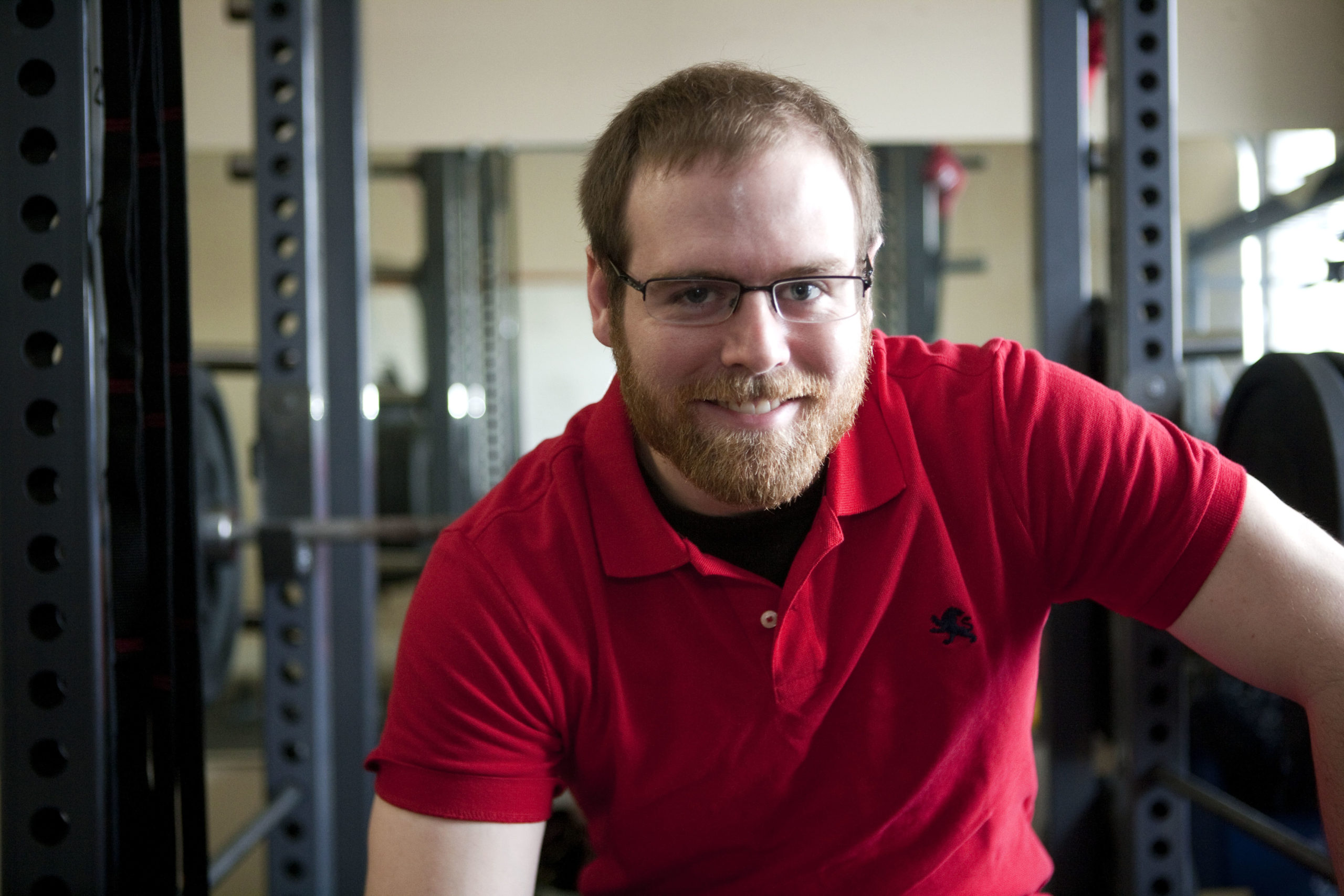
When I was twenty years old, everything was going pretty well. I was in my third year at the United States Military Academy at West Point, spending almost every waking minute either training or studying—and I loved it. I was training up to be an infantry officer, to go into the military like my father did in Vietnam, and I was driving myself hard to succeed. I was responsible for people, I was doing well in my academic pursuits, and in my “free” time, I was on the West Point Rock Climbing Team. Life was good, and I was flying high.
Then, I fell.
Scroll Down to Watch Chuck’s Video
I was on the indoor rock wall climbing about 15 feet up with no rope. I was on a route I had named “Kong” because of its size and the swinging, arm-only motions needed to navigate it. As I reached for the next hold, my arm froze. My body went rigid, and I couldn’t breathe. I fell like a plank and landed flat on my back in the middle of the gym. The room spun, and the last thing I remember is that while I felt like I was frantically waving my arm, I could see it hanging limply by my side.
Two hours later, a doctor told me that she had good news and bad news. The good news was that my neck wasn’t broken. The bad news was that I had a brain tumor, which needed to be removed as soon as possible. Three days later I was in Walter Reed Army Medical Center facing brain surgery. When I came out of anesthesia, I was paralyzed on my right side. The surgeon had been able to remove nearly the entire tumor, but the biopsy report later revealed that it was a Stage III brain tumor called an Anaplastic Astrocytoma and that I needed to undergo treatments to prevent it from recurring.
Over the next weeks and months, I slowly regained movement of my right side as swelling went down and my brain formed new pathways with which to control those muscles. I received the maximum dose of radiation, as well as two courses of chemotherapy. My body did not have the usual reaction to these treatments: My hair grew, and I continued to run three to five miles per day. This response was unusual enough that the National Institutes of Health (NIH) asked me to join a clinical trial for observation.
Every three months, I travel to Washington, D.C., for an MRI of my brain and a consult with the oncologist. Studies like these are the only way that cancer research can advance. There are new treatments that have been developed that the public cannot receive until the final stage of testing is complete. In my case, I get both the personal benefit of very close monitoring of my cancer at no cost to me, as well as the rewarding feeling that I am participating in cancer research as a whole.
The Army was good to me; once I had recovered, they allowed me to return to active duty long enough to graduate from West Point with my Bachelor’s degree in Kinesiology. The clinical trial gave me the peace of mind to keep pushing myself on to accomplish more. In the time since, I have returned to school and started a personal training business. I will soon complete a Master’s degree in Exercise and Nutrition Science, and I am only a couple months away from receiving my Registered Dietitian’s license.
My plan is to drive onward, complete medical school, and possibly go into Neurosurgery to fight back against the very type of cancer that tried to bring me down. I have comfort knowing that I am already doing that through this clinical trial. Even if the cancer eventually comes back and my body does not respond to treatment with the success it did before, I will know that I was a part of the fight by providing information that may help to end this terrible disease.
I know that a cancer diagnosis can bring fear and uncertainty, but I encourage anyone facing cancer not to be scared of treatment or of participating in a clinical trial. My hope is that I can paint an accurate picture of what a clinical trial is and take away some of the mystery that surrounds the process. If you have cancer, I encourage you to consider a clinical trial. This is how we can collectively get stronger; this is how we will eventually win.
By Chuck Baldinger, CSCS
Personal Trainer and Strength Coach
U.S. Army (Retired)
